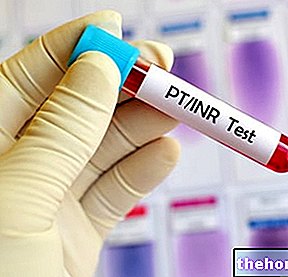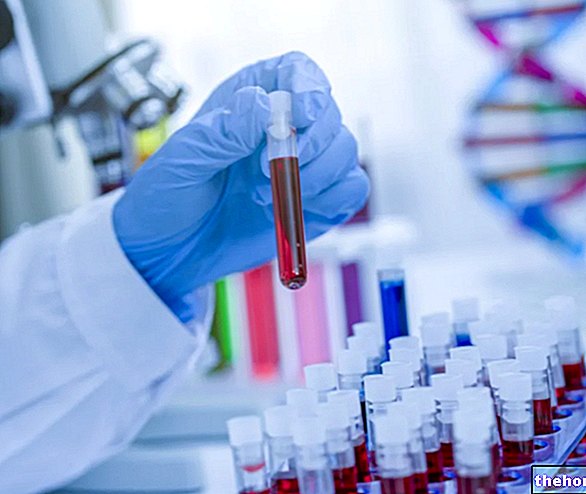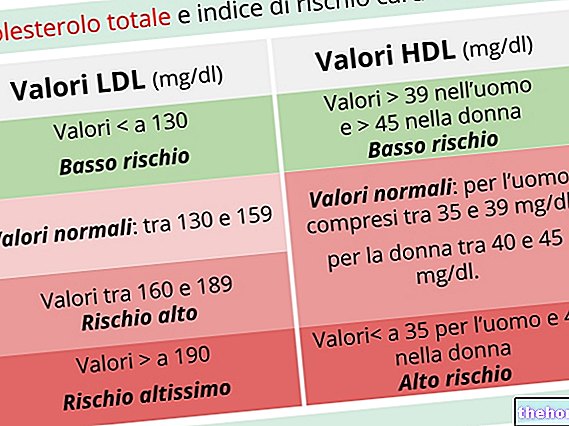The potassium absorbed in the intestine passes into the blood and any excess is simply filtered and eliminated by the kidneys. When these organs are unable to perform their function properly, the level of potassium in the blood rises (hyperkalaemia). Others however, factors may contribute to this increase, including increased dietary intake and certain medications.
A too high level of potassium in the blood also has very serious consequences for health, especially as regards the heart, the musculoskeletal system and the nervous system.

- It maintains the membrane electric potential of the cells, which is necessary for the conduction of nerve impulses and the contraction of muscles;
- Inside the cells, it regulates the acid-base balance (ie the pH) and the osmotic pressure;
- Promotes the action of enzymes involved in cellular metabolism;
- Contributes to the maintenance of a normal heart rhythm;
- Participates in maintaining normal blood pressure, dampening the effects of sodium;
In the body, in conditions of rest, most of the potassium is found inside the cells (while sodium and calcium are mainly extracellular).
The intracellular concentration of potassium is maintained by means of an active transport system (called the sodium-potassium pump), which transports the sodium outside the membrane, making the potassium re-enter.
Potassium is introduced into the body through food, but, to keep its levels within the normal range, the body can use the reserves of the element located inside the cells, depending on the needs of organs and tissues .
In any case, the organism is not able to produce potassium itself; for this reason, it is advisable to regulate its intake with the diet. The kidneys will then intervene in the event that it is necessary to increase the excretion or reabsorption of the mineral. A small amount of potassium is eliminated in the faeces.




























